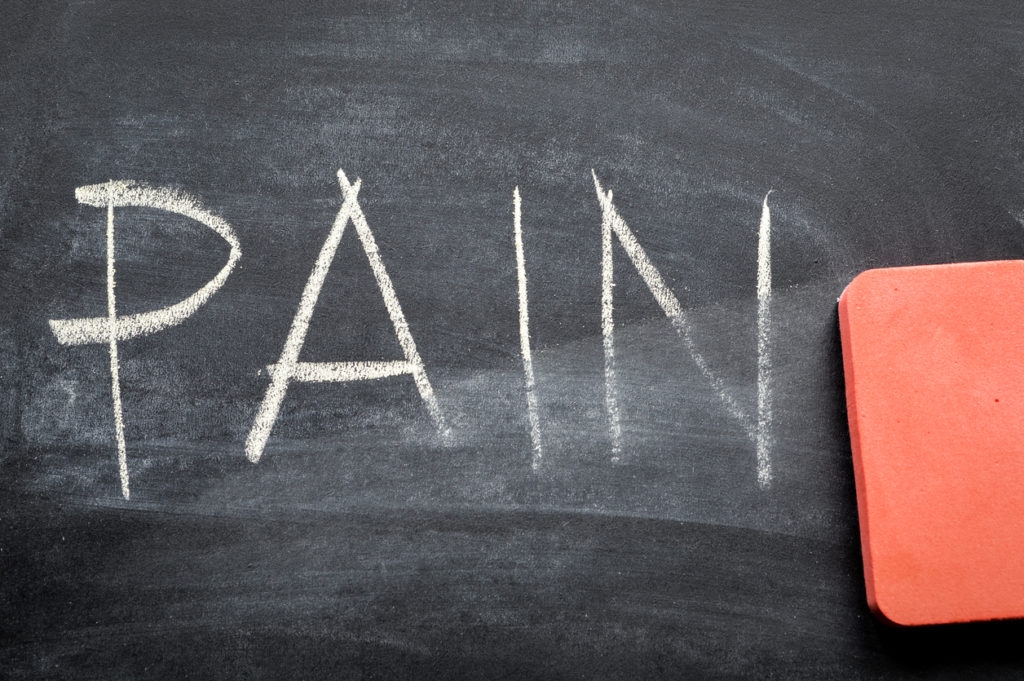10 Surprising Facts About Integrated Pain Management

Integrated pain management is vital to millions of Americans. From post-surgery or postpartum care, to chronic pain caused by injuries or diseases, a crucial part of delivering expedient and quality medical services to the American people includes managing every patient’s pain in a safe and effective manner.
Despite its importance, pain management is a relatively obscure branch of medicine for many. Here are a few facts about most pain management clinics and integrated pain management techniques that may surprise you.
1. We Consider Every Effective Method
Integrated pain management clinics often include a long list of treatments in their repertoire for effective pain management – as long as these treatments have a proven history of usefulness, and the clinic employs the experts needed to help administer these treatments. Pain management has grown exponentially since it first became a major aspect of medicine, and countless techniques have shown to be of some use under certain circumstances.
However, just because many clinics cover both traditional as well as conventional (or Western) and alternative medicine, does not mean that every treatment is useful in every occasion. Most reputable clinics make it a point to create and tailor a treatment plan that includes only the treatments most likely to work for a specific patient.
2. Many Clinics Shy Away from Opioids
It is no secret that the US has an opioid problem. However, the medical community has begun to take steps to address it. Increased regulation as well as differing attitudes among medical professionals is having an impact on the crisis – while many people still source their prescription medication illegally, or use stashes from years ago, some pain management specialists are shying away from opioids as anything other than post-surgery care for acute pain, or in hospice.
Integrated pain management sometimes means finding a way to live life with the pain, and to focus on the healing rather than masking it with numbness. In other cases, alternative medicines combat the effects of pain. Experimental medicines are still being developed to completely replace opioids, providing relief without addictiveness.
3. Doctors Agree that Lifestyle Changes Are Vital
There is a common misconception that professionals in the medical field are out only for the money, and do not take into consideration the amount of healing and relief the body can experience through lifestyle changes. This is not true. Most reputable medical professionals will agree that making changes to your lifestyle – especially with low-impact exercises and anti-inflammatory foods – is important for long-term pain management and longevity.
Doctors advise this often, but also know that such advice can fall on deaf ears. Pain management is about more than relying on one path. It is about finding a course of action that works for the patient, even if it requires the use of several different techniques. As such, a pain management specialist will look towards other alternative methods of pain relief, as well, including non-opioid medication, non-invasive treatment, acupuncture, and more.
4. The Mind is Important
Mindfulness training and cognitive behavioral therapy are just two of several common mental health treatments that are finding application and usefulness in the world of integrated pain management. Research has shown that not only is pain affected by a person’s mindset and outlook, but acute mental distress can drastically change the way someone feels and perceives their body. This can cause greater pain than ever.
Through psychotherapy and mental training exercises, an integrative pain management clinic can teach patients how to take charge of their mindset and use their perspective to combat their pain.
5. Chronic Pain Is Not Always Permanent
Chronic pain describes a condition wherein a patient experiences pain lasting for more than 12 weeks. However, despite the fact that chronic pain implies a long-lasting pain caused by major trauma, it is not always permanent. Pain management does not entail having to deal with said pain for the rest of your life.
A big part of integrated pain management is ensuring that the underlying cause of chronic pain is pin-pointed and identified. Some causes, such as fibromyalgia, do not have a straightforward cure yet. Others, such as a long-standing injury or certain nerve-related pain may ease through the right physical therapy and treatment approach. Pain management can also be about helping patients deal with the naturally-occurring pain of the healing process after a major surgery or accident.
6. Opioids Don’t Necessarily Treat Chronic Pain
Opioids are incredibly powerful analgesics – but the nature of the drug means continuous use wears out its effects, as the body begins to acclimate to the opioid. This makes opioids less effective in managing pain over a long-term period.
Adding onto that their risk of addiction means they do not make for a reliable or very useful tool in integrative pain management for most types of pain. There are cases when opioids are still available within reason – such as after a major traumatic wound, in emergency care, or after an invasive surgery. Some cases of end-of-life pain also use opioids. But for the patient looking for a way to deal with their chronic pain, opioids are not a good solution, even if the risk of addiction is set aside.
7. Pain Management is For All Ages
Integrative pain management is not only for people in their final stages of life – accidents, diseases, disorders, and other circumstances can create the conditions for excruciating and long-lasting pain, from birth to death. Integrative pain management takes every aspect of a patient’s life into account when formulating an effective treatment plan, including their age. Therefore, pain management professionals are capable of helping patients of all ages.
8. Integrated Pain Management Clinics Care About Their Patients
Much like with the idea of doctors focusing on profitable treatments over effective ones, reputable pain management clinics are tasked with prioritizing patient safety and work with non-profit, voluntary organizations like the Leapfrog Group to ensure a high standard of patient care, quality, and customer safety. The medical community is not just driven by profit, but by a system of reputation. Low-quality medical care that does not stay true to the medical oath is not acceptable.
9. Anxiety and Depression Aggravates Pain
A patient’s mental status can affect how they deal with pain. However, nothing upsets chronic pain more than a constant state of anxiety and/or depression. These two conditions can disrupt a person’s quality of life. It cuts into their ability to manage their pain, and makes them lose hope for the future. It does this by convincing them that the pain will get worse, or that their condition will never have a cure.
An integrated pain management clinic tackles the mental as well as the physical aspects of a patient’s health. This helps them create the best possible environment to tackle their pain.
10. Pain Management Can Help You Keep a Job
Chronic pain does not immediately equal disability, nor does a temporary disability mean you will not be able to work again. Many patients worry about their ability to continue contributing after their condition has become aggravated. However, pain management also includes helping you find a way to do the things you need to do while minimizing your pain as well.
Yes, chronic pain and certain conditions will limit your ability to work – but it need not eliminate it.
Hopefully these ten facts about integrated pain management will shed some light into this field and help you to find the best pain management clinic for you.



